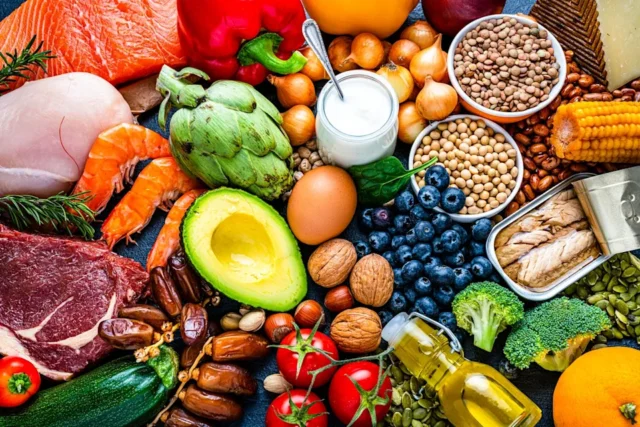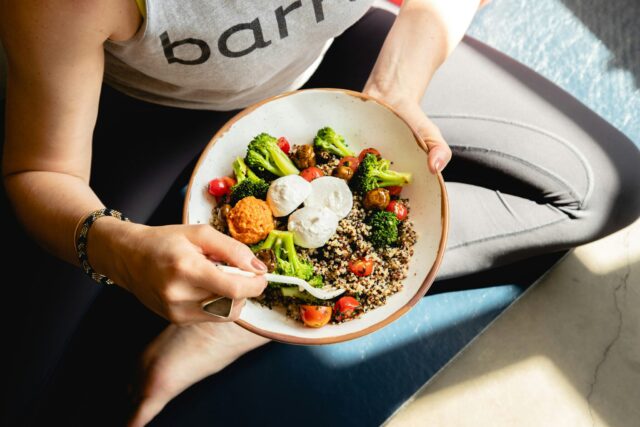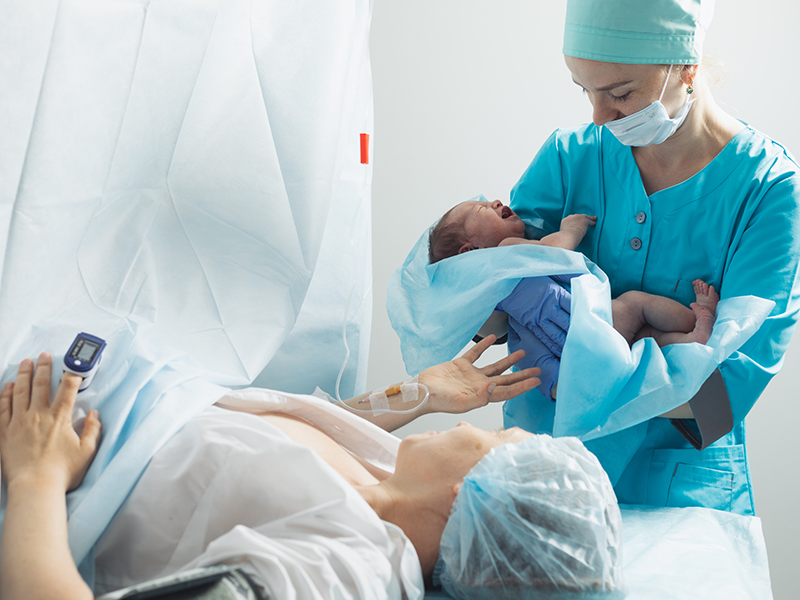Endometriosis is a chronic condition in which tissue similar to the uterine lining grows outside the uterus. It affects around 1 in 10 women of reproductive age and brings with it a host of painful, often debilitating symptoms — including chronic pelvic pain, bloating, digestive issues, painful sex, and even infertility.
Among its most maddening symptoms is what many women call “endo belly” — a persistent bloating that can mimic the discomfort of irritable bowel syndrome or even the appearance of pregnancy. While treatments like medication and surgery exist, they don’t always work for everyone. That’s why many women turn to alternative strategies — and new research suggests diet could play a key role in easing the pain.

What the New Study Found
Researchers from the University of Edinburgh surveyed 2,388 women with a confirmed diagnosis of endometriosis. The aim? To explore whether dietary changes and supplements had any real impact on their pain. Here’s what they discovered:
- 84% of women had made at least one dietary change
- 67% of them said these changes improved their pain
- 59% had tried supplements
- 43% found these helpful for pain relief
Dietary Changes That Helped
Women with endometriosis reported experiencing less pain after making specific dietary changes. The most common adjustments included reducing or eliminating alcohol (53%), gluten (45%), dairy (45%), and caffeine (43%). Many also saw benefits from cutting back on processed sugar found in sweets and soft drinks (41%) and processed foods like chips, deli meats, and chocolate (38%). Some adopted structured eating plans such as the low FODMAP diet, aimed at reducing bloating by avoiding certain carbohydrates (32%), while others followed the anti-inflammatory Mediterranean diet, rich in vegetables, fish, olive oil, and whole grains (29%).

Supplements That Showed Promise
Some women also found relief through natural supplements. Among them, magnesium emerged as the most widely used — and among the more effective. Of 812 respondents who took it, 32% reported pain relief. Magnesium is known to play a role in muscle relaxation and may ease uterine cramping.
Other popular supplements included multivitamins, probiotics, vitamin D, and omega-3 fatty acids. Herbal remedies like turmeric, peppermint, and ginger also featured in the responses, though with varying success rates. For example, only 13.7% of those who took turmeric found it helped.
Why These Changes May Work
Endometriosis is an inflammatory condition, so it makes sense that anti-inflammatory foods and supplements could help ease symptoms. The Mediterranean diet, for example, is well-known for its anti-inflammatory benefits. Likewise, turmeric, magnesium, and ginger are all linked to reduced inflammation in the body.

Limitations to Keep in Mind
It’s important to note that this was an observational study. That means researchers found a connection — but can’t say for certain that diet directly causes pain relief. Plus, participants were recalling past dietary changes and pain levels, which can be subjective.
What Should You Do If You Have Endometriosis?
While more research is needed, the good news is that the suggested changes — like reducing alcohol, processed foods, and sugar — are also beneficial for overall health. The Mediterranean and low FODMAP diets are generally safe and nutritious when done correctly.
If you’re thinking about making dietary changes to manage endometriosis, it’s a good idea to speak to a healthcare professional or dietitian first. They can help tailor a plan that works for your body — and your life




